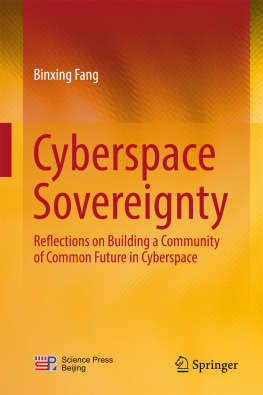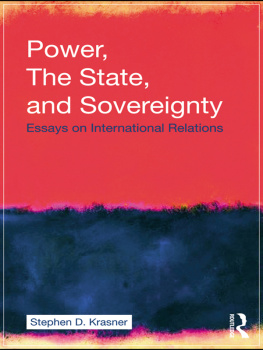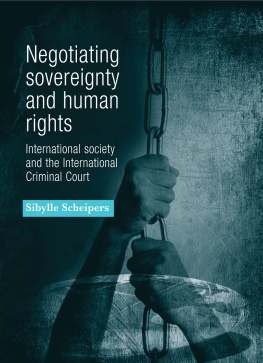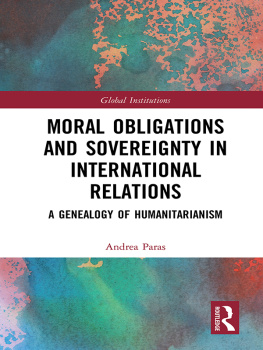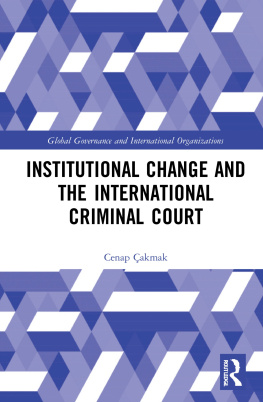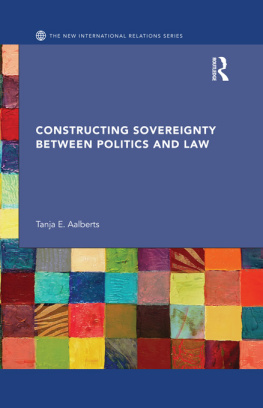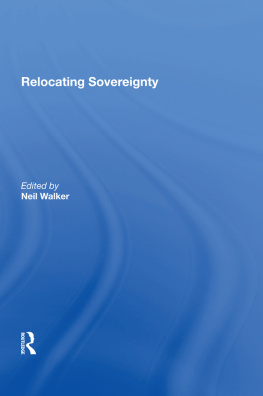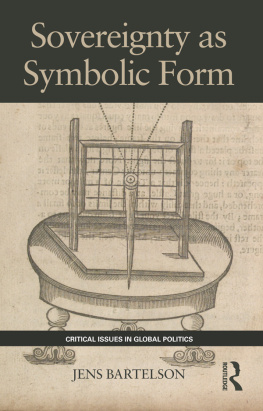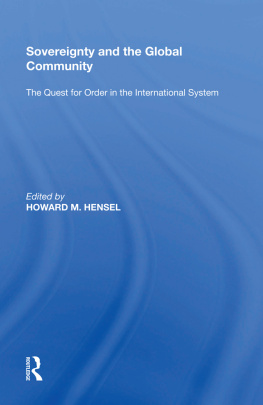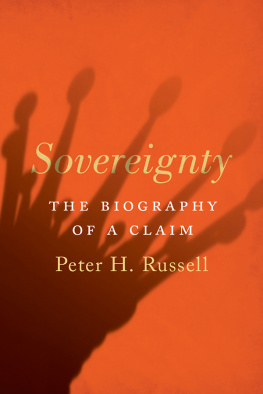Anghie - Imperialism, Sovereignty and the Making of International Law
Here you can read online Anghie - Imperialism, Sovereignty and the Making of International Law full text of the book (entire story) in english for free. Download pdf and epub, get meaning, cover and reviews about this ebook. year: 2005, publisher: Cambridge University Press, genre: Politics. Description of the work, (preface) as well as reviews are available. Best literature library LitArk.com created for fans of good reading and offers a wide selection of genres:
Romance novel
Science fiction
Adventure
Detective
Science
History
Home and family
Prose
Art
Politics
Computer
Non-fiction
Religion
Business
Children
Humor
Choose a favorite category and find really read worthwhile books. Enjoy immersion in the world of imagination, feel the emotions of the characters or learn something new for yourself, make an fascinating discovery.

Imperialism, Sovereignty and the Making of International Law: summary, description and annotation
We offer to read an annotation, description, summary or preface (depends on what the author of the book "Imperialism, Sovereignty and the Making of International Law" wrote himself). If you haven't found the necessary information about the book — write in the comments, we will try to find it.
Anghie: author's other books
Who wrote Imperialism, Sovereignty and the Making of International Law? Find out the surname, the name of the author of the book and a list of all author's works by series.
Imperialism, Sovereignty and the Making of International Law — read online for free the complete book (whole text) full work
Below is the text of the book, divided by pages. System saving the place of the last page read, allows you to conveniently read the book "Imperialism, Sovereignty and the Making of International Law" online for free, without having to search again every time where you left off. Put a bookmark, and you can go to the page where you finished reading at any time.
Font size:
Interval:
Bookmark:
This book argues that the colonial confrontation was central to the formation of international law and, in particular, its founding concept, sovereignty. Traditional histories of the discipline present colonialism and non-European peoples as peripheral concerns. By contrast, Anghie argues that international law has always been animated by the civilizing mission the project of governing non-European peoples and that the economic exploitation and cultural subordination that resulted were constitutively significant for the discipline. In developing these arguments, the book examines different phases of the colonial encounter, ranging from the sixteenth century to the League of Nations period and the current war on terror. Anghie provides a new approach to the history of international law, illuminating the enduring imperial character of the discipline and its continuing importance for peoples of the Third World. This book will be of interest to students of international law and relations, history, post-colonial studies and development studies.
ANTONY ANGHIE is Professor of Law at the S. J. Quinney School of Law, University of Utah. He received his LLB (Hons.) and BA (Hons.) degrees from Monash University, Melbourne, Australia, and his SJD degree from Harvard Law School. He has served as a Jennings Randolph Peace Scholar of the United States Institute of Peace, and as a MacArthur Scholar at the Harvard Center for International Affairs. He practised law for several years in Melbourne, and now teaches Contracts and various subjects in the International Law curriculum, including International Business Transactions and International Environmental Law. He has served as a tutor at Monash and Melbourne Universities, where he has taught Development Politics, and International Relations; and as a Teaching Fellow at Harvard College where he has taught international relations. He is a member of the Third World Approaches to International Law network of scholars.
Established in 1946, this series produces high-quality scholarship in the fields of public and private international law and comparative law. Although these are distinct legal subdisciplines, developments since 1946 confirm their interrelation.
Comparative law is increasingly used as a tool in the making of law at national, regional and international levels. Private international law is now often affected by international conventions, and the issues faced by classical conflicts rules are frequently dealt with by substantive harmonisation of law under international auspices. Mixed international arbitrations, especially those involving state economic activity, raise mixed questions of public and private international law, while in many fields (such as the protection of human rights and democratic standards, investment guarantees and international criminal law) international and national systems interact. National constitutional arrangements relating to foreign affairs, and to the implementation of international norms, are a focus of attention.
The Board welcomes works of a theoretical or interdisciplinary character, and those focusing on the new approaches to international or comparative law or conflicts of law. Studies of particular institutions or problems are equally welcome, as are translations of the best work published in other languages.
| General Editors | James Crawford SC FBA |
| Whewell Professor of International Law, Faculty of Law, and | |
| Director, Lauterpacht Research Centre for International Law, | |
| University of Cambridge | |
| John S. Bell FBA | |
| Professor of Law, Faculty of Law, University of Cambridge |
| Editorial Board | Professor Hilary Charlesworth Australian National University |
| Professor Lori Damrosch Columbia University Law School | |
| Professor John Dugard Universiteit Leiden | |
| Professor Mary-Ann Glendon Harvard Law School | |
| Professor Christopher Greenwood London School of Economics | |
| Professor David Johnston University of Edinburgh | |
| Professor Hein Ktz Max-Planck-Institut, Hamburg | |
| Professor Donald McRae University of Ottawa | |
| Professor Onuma Yasuaki University of Tokyo | |
| Professor Reinhard Zimmermann Universitt Regensburg |
| Advisory Committee | Professor D. W. Bowett QC |
| Judge Rosalyn Higgins QC | |
| Professor J. A. Jolowicz QC | |
| Professor Sir Elihu Lauterpacht CBE QC | |
| Professor Kurt Lipstein | |
| Judge Stephen Schwebel |
A list of books in the series can be found at the .
Antony Anghie
S. J. Quinney School of Law, University of Utah

CAMBRIDGE UNIVERSITY PRESS
Cambridge, New York, Melbourne, Madrid, Cape Town, Singapore, So Paulo, Delhi
Cambridge University Press
The Edinburgh Building, Cambridge CB2 8RU, UK
Published in the United States of America by Cambridge University Press, New York
www.cambridge.org
Information on this title: www.cambridge.org/9780521828925
Antony Anghie 2005
This publication is in copyright. Subject to statutory exception and to the provisions of relevant collective licensing agreements, no reproduction of any part may take place without the written permission of Cambridge University Press.
First published 2005
First paperback edition 2007
Printed in the United Kingdom at the University Press, Cambridge
A catalogue record for this publication is available from the British Library
Library of Congress Cataloguing in Publication data
Anghie, Antony.
Imperialism, sovereignty, and the making of international law/Antony Anghie.
p. cm. (Cambridge studies in international and comparative law; 37)
Includes bibliographical references and index.
ISBN 0 521 82892 9
1. International law. 2. Imperialism. 3. Sovereignty. 4. Indigenous peoples Legal status, laws, etc. I. Title. II. Cambridge studies in international and comparative law (Cambridge, England: 1996); 37.
KZ3410.A54 2004
341 dc22 2004049732
ISBN 978-0-521-82892-5 hardback
ISBN 978-0-521-70272-0 paperback
Cambridge University Press has no responsibility for the persistence or accuracy of URLs for external or third-party internet websites referred to in this publication, and does not guarantee that any content on such websites is, or will remain, accurate or appropriate.
For my parents
In this challenging book, Dr. Anghie examines a series of episodes in the legal history of the relations between the West and non-Western polities. He argues that they possess common features, reproducing at different epochs and in different ways an underlying pattern of domination and subordination and doing so despite continued professions of idealism and universal values by the (Western) lawyers and leaders who have been dominantly engaged.
The first of these episodes dates from the earliest phase of international law. Of the five studied, it is the least institutional. Rather it is an episode of justification and apology Vitorias attempt to deal with the rights of the Amerindians faced with Spanish colonization. Of course, Vitoria was dealing with this problem after the event and he was teaching (a generation after Columbus) in the Catholic tradition of moralreligious theory and not as a self-perceived international lawyer. But his work, Anghie argues, inaugurated our subject. From the beginning, international law was not exclusively concerned with the relations between states but, and more importantly, with the relations between civilizations and peoples. Moreover these were relations of
Font size:
Interval:
Bookmark:
Similar books «Imperialism, Sovereignty and the Making of International Law»
Look at similar books to Imperialism, Sovereignty and the Making of International Law. We have selected literature similar in name and meaning in the hope of providing readers with more options to find new, interesting, not yet read works.
Discussion, reviews of the book Imperialism, Sovereignty and the Making of International Law and just readers' own opinions. Leave your comments, write what you think about the work, its meaning or the main characters. Specify what exactly you liked and what you didn't like, and why you think so.

